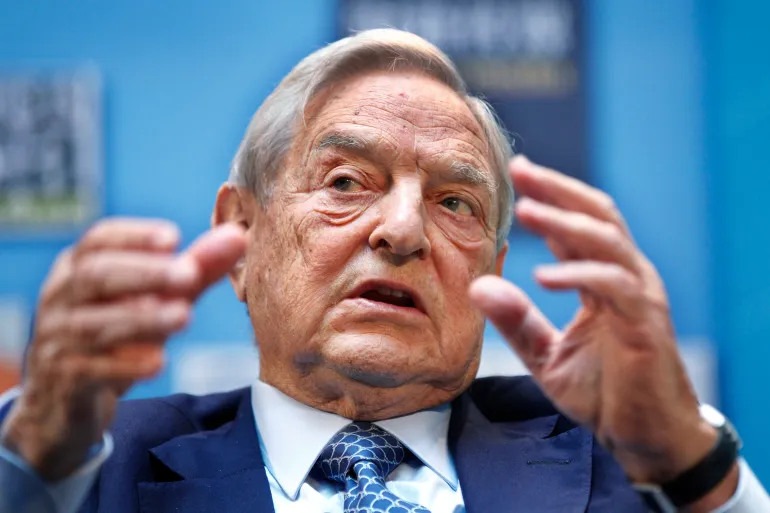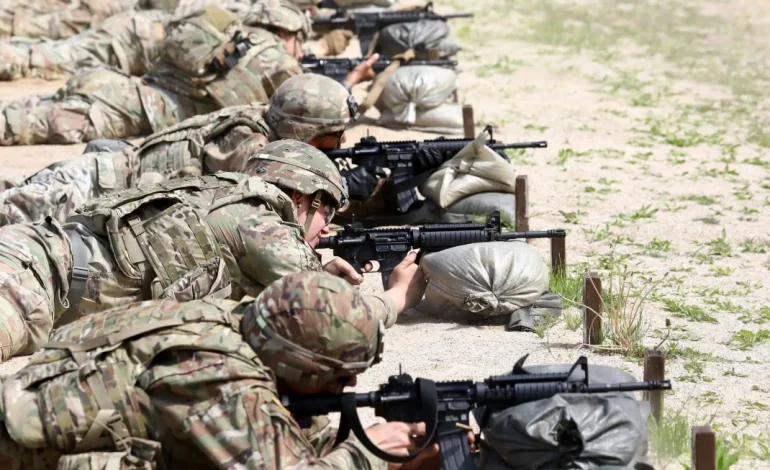With the 2024 US Presidential election looming, both the US and South Korea are reportedly pushing to finalize a new cost-sharing agreement for American troops stationed in the country before the end of the year, even though the current agreement doesn’t expire until 2025, CNN reports, citing sources familiar with the matter.
Past negotiations over the Special Measures Agreement (SMA) have been notoriously strained, particularly under the Trump administration. Former President Donald Trump demanded a substantial increase in South Korea’s contribution, pushing for as much as 400% more for the 28,500 US troops stationed there. This sparked tension within the US-South Korea alliance, as advocates stressed the critical role of these troops in deterring potential North Korean aggression and bolstering US presence in the region against China’s growing influence.
While the current agreement sees South Korea paying roughly $1 billion annually, representing a 13.9% increase over previous agreements, both sides are now seeking to secure a new deal before the end of the year. Officials on the Korean side are said to be seeking to avoid the tumultuous negotiations experienced during the Trump administration.
A State Department official, while declining to disclose specifics of the ongoing negotiations, stated that the US is aiming for “a fair and equitable outcome” that will “support the readiness of US forces in Korea and strengthen and sustain the US-ROK alliance.” The South Korean Ministry of Foreign Affairs did not respond to a request for comment.
The last agreement, negotiated under the Trump administration, only came into effect in March 2021 after Biden took office, allowing the Biden administration to implement changes before its finalization. During the initial stages of the talks, Trump had reportedly demanded a staggering $4.7 billion annual contribution from South Korea.
Earlier this year, Trump reiterated his belief that South Korea is not paying enough.
“They were able to renegotiate with the Biden Administration and bring that number way, way down to what it was before, which was almost nothing. Why would we defend somebody? And we’re talking about a very wealthy country. But they’re a very wealthy country and why wouldn’t they want to pay?” he said in an interview with Time.
Sources declined to reveal the current cost being discussed or guarantee a deal before the end of the year. South Korea’s commitment to the issue is being cited as a key factor in potentially pushing the negotiations towards a conclusion.
One major challenge lies in the need for approval from the South Korean National Assembly, which is currently dominated by the opposition party to President Yoon Suk Yeol. The US Congress, on the other hand, has no role in finalizing the agreement.
Some former US officials have cautioned South Korea against rushing into an agreement, fearing a potential backlash from a Trump-led administration.









